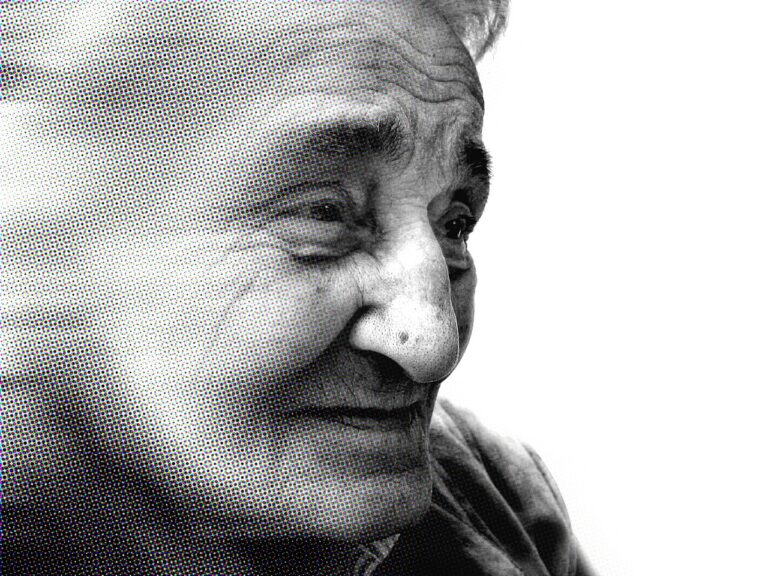Exploring New Approaches to Cancer Treatment
Surgery is one of the most common treatments for cancer and involves the removal of the tumor and surrounding tissue. This method is often used when the cancer is localized and has not spread to other parts of the body. Surgery may be curative or palliative, depending on the stage of the cancer.
Chemotherapy utilizes drugs to kill cancer cells or slow down their growth. These drugs can be given orally or intravenously and are often used in combination with other treatments like surgery or radiation therapy. Chemotherapy can be used to shrink tumors before surgery, kill remaining cancer cells after surgery, or treat cancers that have spread to other parts of the body.
Understanding Immunotherapy and its Role in Cancer Treatment
Immunotherapy has emerged as a groundbreaking approach in the field of cancer treatment. Unlike traditional therapies such as chemotherapy or radiation, which directly target cancer cells, immunotherapy works by harnessing the power of the body’s immune system to identify and attack cancer cells. This form of treatment has shown promising results in various types of cancer, offering new hope for patients who may have exhausted other treatment options.
One of the key benefits of immunotherapy is its potential for long-lasting responses. By stimulating the immune system to recognize and remember cancer cells, some patients experience durable remissions that extend far beyond the completion of treatment. Additionally, immunotherapy can be less toxic than traditional therapies, as it specifically targets cancer cells while sparing healthy tissues. As research in this field continues to advance, the role of immunotherapy in cancer treatment is likely to expand, offering new possibilities for improved outcomes and quality of life for patients.
What is immunotherapy?
Immunotherapy is a type of cancer treatment that uses the body’s immune system to help fight cancer cells.
How does immunotherapy work?
Immunotherapy works by either boosting the body’s immune system to better target cancer cells or by using man-made versions of immune system proteins to attack cancer cells.
What are the different types of immunotherapy?
The main types of immunotherapy include checkpoint inhibitors, CAR-T cell therapy, cytokines, vaccines, and monoclonal antibodies.
Is immunotherapy effective in treating cancer?
Immunotherapy has shown to be effective in treating certain types of cancer, but its effectiveness can vary depending on the individual and the type of cancer being treated.
Are there any side effects of immunotherapy?
Like any cancer treatment, immunotherapy can have side effects. These can include fatigue, flu-like symptoms, skin reactions, and other immune-related side effects.
Who is a good candidate for immunotherapy?
Patients with certain types of cancer, such as melanoma, lung cancer, and certain types of lymphoma, may be good candidates for immunotherapy. However, it ultimately depends on the individual’s specific situation and the type of cancer they have.
How is immunotherapy administered?
Immunotherapy can be administered through injections, infusions, or oral medications, depending on the specific type of treatment being used.





